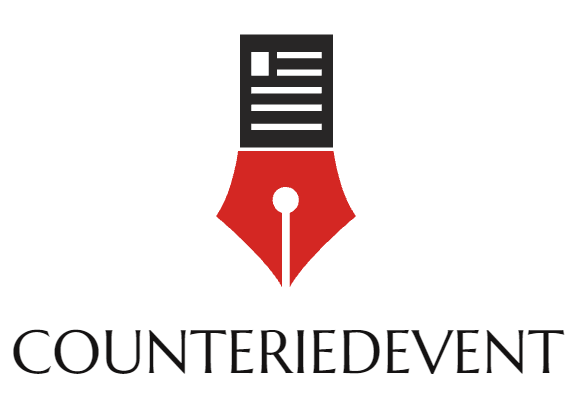Are you planning to clean wash the exterior of your home? You might be confused between pressure and soft wash. Which one is better? Many people choose a pressure wash because it's faster and easier. Soft washing, on the other hand, may be more environmentally friendly and gets the same results as a pressure wash. Here we have detailed information about everything you should know when deciding between a soft or pressure wash.
Pressure wash
One of the most famous ways to clean your home is with a pressure washer. Using high-pressure water to blast away dirt and grime is relatively an inexpensive means to get your outdoor surfaces clean and sanitized. The pressure can reach up to 1000 PSI, which will break down dirt particles more efficiently. It also cleans the surface more quickly than a soft wash. Hard surfaces such as concrete and asphalt can be washed with this method in about 30 minutes, whereas soft surfaces such as brick and siding can take around 60 minutes.
Soft wash
Soft wash is done at less than 500PSI and utilizes unique cleaning solutions to break down dirt and organisms on surfaces. These eco-friendly solutions will not strip protective coatings from your home's exterior and other outdoor spaces like cedar shake siding, wood paneling siding, or even plants rooted outside that have gone untouched for too long.
A soft wash is less aggressive and works by washing the surface with a soapy water solution. Using a 100ft hose and soap or detergent, it's also slower than a power washer but much gentler on the surface being cleaned. Soft washing is perfect for cleaning painted surfaces that are sensitive to chemicals.
Pressure wash vs. soft wash
Now, you may be thinking that pressure washing has nothing to do with soft washing. But in a way, they are related! For instance, pressure washers are used for soft washing but modified so the PSI- or the measure of water's force per square inch - is lower.
However, the main difference between a soft wash and a pressure wash is that the latter requires more water pressure to be used. The hard spray is suitable for dirtier surfaces but can damage delicate plants, so it's usually best for concrete or pavement.
Soft washing leaves the environment more intact because it uses soap instead of detergent to clean surfaces. This type of washing is better for plants because it doesn't break down their leaves as much as a pressure wash.
A soft wash is also better for wood decks because it won't strip away the protective oils. Detergents are harsher on wood materials than soaps, which makes them perfect for soft washing purposes.
There are many benefits to pressure washing that soft washing can't offer. When you use a pressure washer, you're able to clean your home or business in less time than it takes with a soft wash.
Also, the power of the water is concentrated on one section for pressure washing, but when you use a soft wash, you have to move the hose all over.
The last benefit of using a pressure washer is getting into more difficult places like grout and crevices.
Conclusion
Both techniques are interrelated, but they have their pros and cons. Soft wash is gentler t6 the surfaces, while the pressure wash is more effective and fast, but it can damage the surfaces. However, you got to understand each term properly, know the differences and choose wisely according to your needs.


